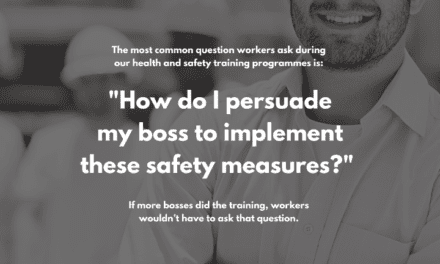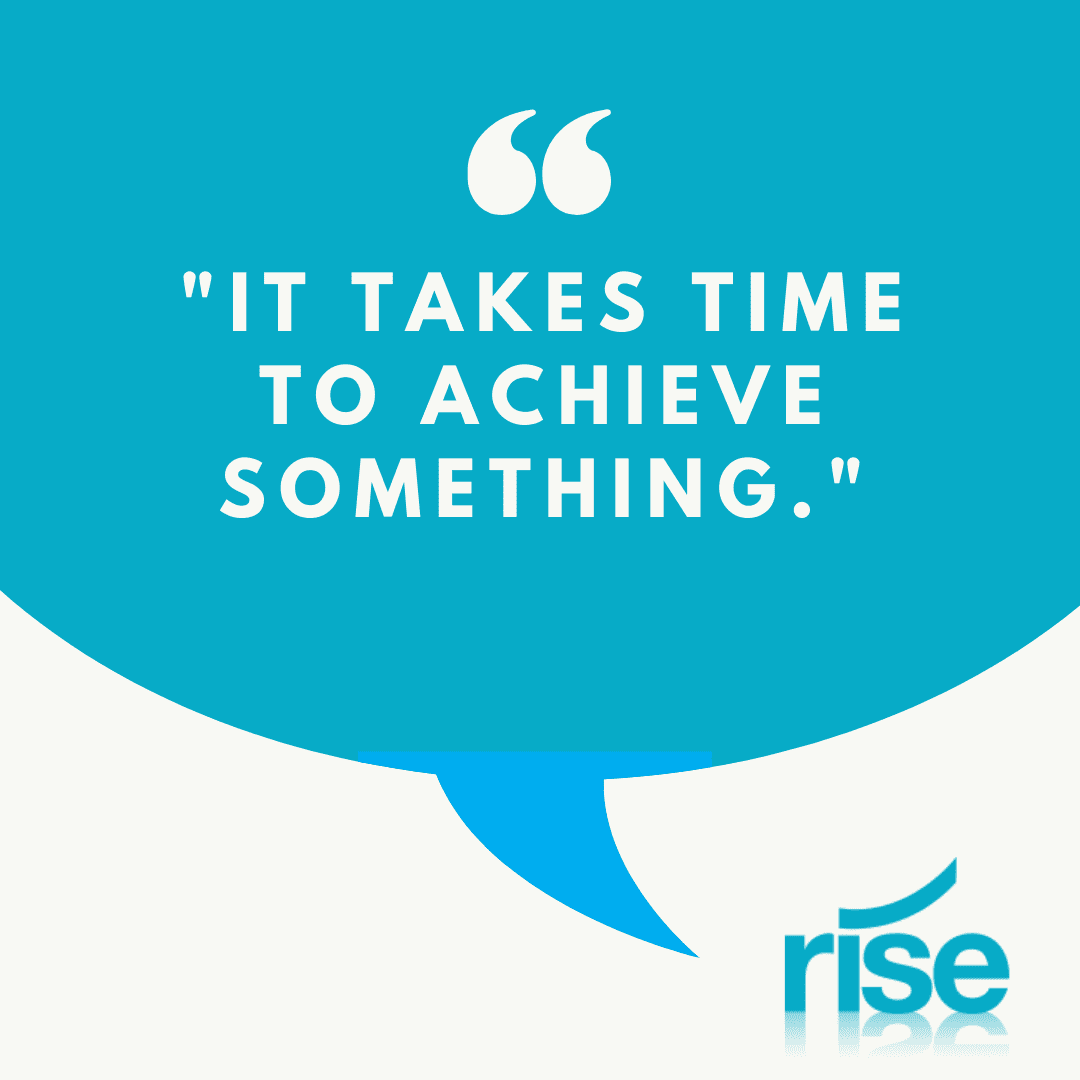Formalise your work from home policies or lose out in the war for talent a leading New Zealand tech recruitment agency is warning.
Managing director and founder of specialist IT and digital recruitment company Imara Limited, Barry Hardy, said job candidates are wary of so-called negotiated agreements or vague promises—they want the ‘work from home’ condition set in stone before they accept a role.
Handshake deals got many businesses through the pandemic doldrums, but now that the worst of the disruption is hopefully in the past, companies that are comfortable with allowing remote work to continue should consider a formalised ‘work from home structure’.
“The lockdowns and virus protocols forced businesses to become more flexible and employees adjusted their lives accordingly. This trend for remote work looks like it’s here to stay and candidates tell us they are choosing companies based on their work from home policies,” Hardy said.
Work from home policies must be formalised, he added, since it is no longer enough to negotiate an informal remote working agreement with a manager.
“A negotiated agreement can be taken away just as quickly as it was handed out. Candidates know that.
“For example, an employee may have an agreement with a previous boss to finish early on Thursdays, but if that is not in writing and the new manager doesn’t like the arrangement, then that puts the employee in an awkward spot,” Hardy said.
A formal work from home policy doesn’t have to undermine the office culture, he added.
The office can continue to be a centre of gravity and employers can still encourage a workplace that fosters community, collaboration and the serendipitous encounters that lead to innovation.
But relying on handshake deals and delaying the creation of a formal remote working policy will only lead to distrust between staff and managers.
“When there is a disconnect in expectations, employees can be less trusting of employers.
“In such a tight labour market, it is not unreasonable for candidates to be asking for formal remote working policies even before they attend their first interview,” Hardy said.
He suggested that work from home policies could be structured as variable conditions of employment in the candidate’s contract, such as non-legislated benefits of employment like car parks and days off for your birthday.
“In a post-Covid world, people want more balance. Employers that are serious about facilitating remote work are attracting more candidates than those that haven’t adapted to the changing labour environment.
“Candidates want certainty. They don’t want to be told that remote work is something they should discuss with their manager once they’re on board,” Hardy said.
He offers some pointers for companies taking up the challenge of writing a formal work from home policy.
1. Articulate the brand
First impressions are worth much more when employees can pick and choose a place of employment based on what makes their life easier. A formal remote working policy can be the glue that links all the great reasons a candidate chooses to work for a company.
“Companies must get better at communicating what their business stands for, what its values are and what a candidate can expect when employed by the firm.
“Without a formal work from home policy, you will be missing out on an amazing opportunity to differentiate your business and potentially miss out on fantastic candidates. Your company’s policies must align with its brand, otherwise people will notice a disconnect,” Hardy said.
2. Use clear language
Employment agreements can be highly litigious documents at the best of times. But by using real-world language can help build trust with employees and avoid legal confusion later.
“If you’re going to write up a formal policy for working from home, ensure that you go the whole way and treat like any other employment agreement. Clarity is key.
“Make sure the agreement satisfies the employment law but is also written in clear language so candidates can understand what they are signing up to,” Hardy said.
3. Include the employee
Right from the start of the hiring process, ask a candidate what sort of work structure they might prefer. Some will prefer to work in the office, while others will be keen on more flexibility.
“Be human with the people you are employing. Bring them in to the fold from the first interview.
“Ask what they expect from the job and be available to answer whatever they don’t understand. The more you can make a candidate feel good about their decision to join your team the more likely they are to stick with your business over the long term,” Hardy said.
For more information: www.imara.co.nz













